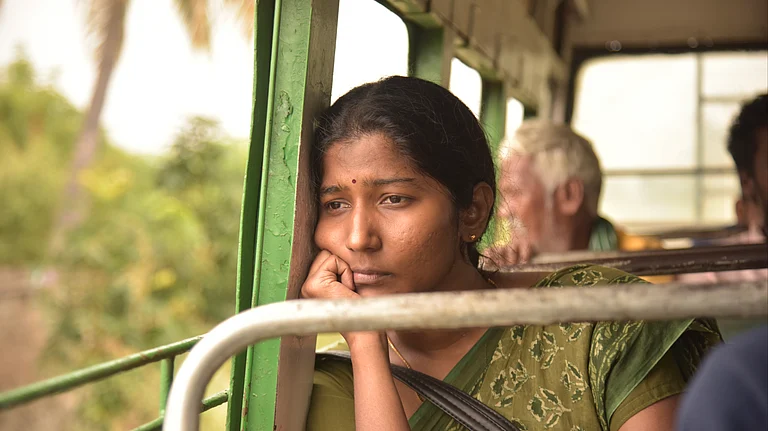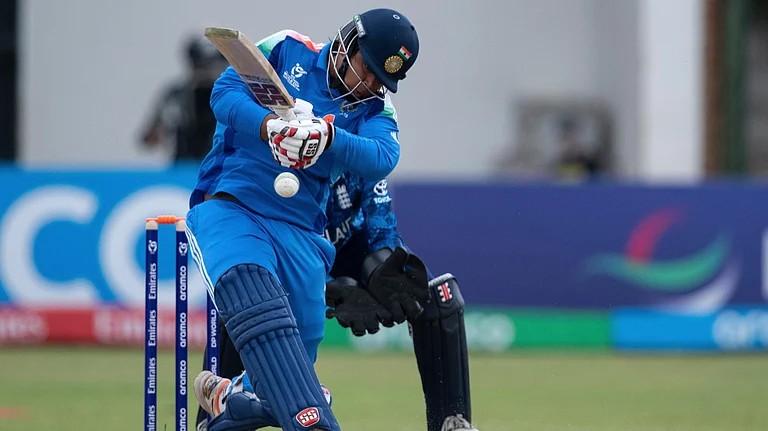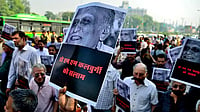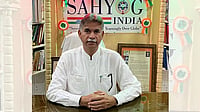Jagbir Singh is 72. And in the past 33 years, he has touched the lives of thousands of people left permanently scarred by the India-Pakistan border conflict and militancy in J&K. Singh is the spirit behind the Poonch-based Pritam Spiritual Trust, a voluntary organisation that has provided artificial limbs to over 10,000 people, mostly landmine amputees, victims of cross-border firing and shelling, besides militancy. In recent years, the organisation has arranged eye surgeries of over 2,000 poor and needy people. While it has arranged marriages of 88 girls left orphaned by the conflict, the organisation has also been helping militancy-affected students.
Though he started out alone, he now has the support of many like-minded people, including retired army officers. In the late 1980s, when he was a teacher at a local senior secondary school, he was deeply moved by the plight of landmine amputees in the hilly district of Poonch along the LoC. For want of resources and awareness, Singh says, poor people left maimed and mutilated by cross-border shelling and firing, anti-personnel mines and militancy find it difficult to get artificial limbs. Their daily struggles get compounded by to the topography of the region, one of the most economically backward districts in the country. Due to geographical challenges, the artificial limbs of the amputees wear off sooner than expected. Additionally, they have to do physical labour for sustenance.
Before he came to know about the world-famous Jaipur Foot, he says, he would take amputees to the army hospital for artificial legs. “Since the terrain is hilly, landmines usually get dislocated by rains and other factors. This is how people fall step on them while working on farms or while grazing cattle,” Singh says. The mines have been planted on both sides of the LoC as part of anti-infiltration measures. According to him, the number of landmine amputees is higher on the Pakistan side of the border. With the help of the Jaipur Foot Centre at Delhi, his organisation has set up a free-of-cost limb repairing centre at Poonch. Besides fitting, repairing and replacing prosthetic limbs, the centre provides wheelchairs, crutches and other aids and implements to the disabled. In recent years, he has held camps in other districts such as Rajouri, Kathua, Udhampur, Bhaderwah and Uri, Baramulla and Kupwara.
“Our humanitarian work isn’t restricted to this part of Jammu and Kashmir,” Singh tells Outlook, adding, “At least 16 amputees who were brought to our centre from PoK went back walking with the help of our prosthetic legs.” These visitors would come to the centre through the Poonch and Rawalakot cross-LoC bus service—which was started on June 20, 2006. The bus service allowed long-separated members of divided families to meet each other on either side of the border.
“Months before the bus service was stopped (in January 2020), a teacher from PoK had come to the centre. She had lost both her legs in an accident,” he recalls, adding, “After getting prosthetic legs, she was able to walk again. It was overwhelming to see her crying out of happiness.”
(This appeared in the print edition as "Lone Ranger")
Liked the story? Do you or your friends have a similar story to share about 'ordinary' Indians making a difference to the community? Write to us. If your story is as compelling, we'll feature it online. Click here to submit.

























